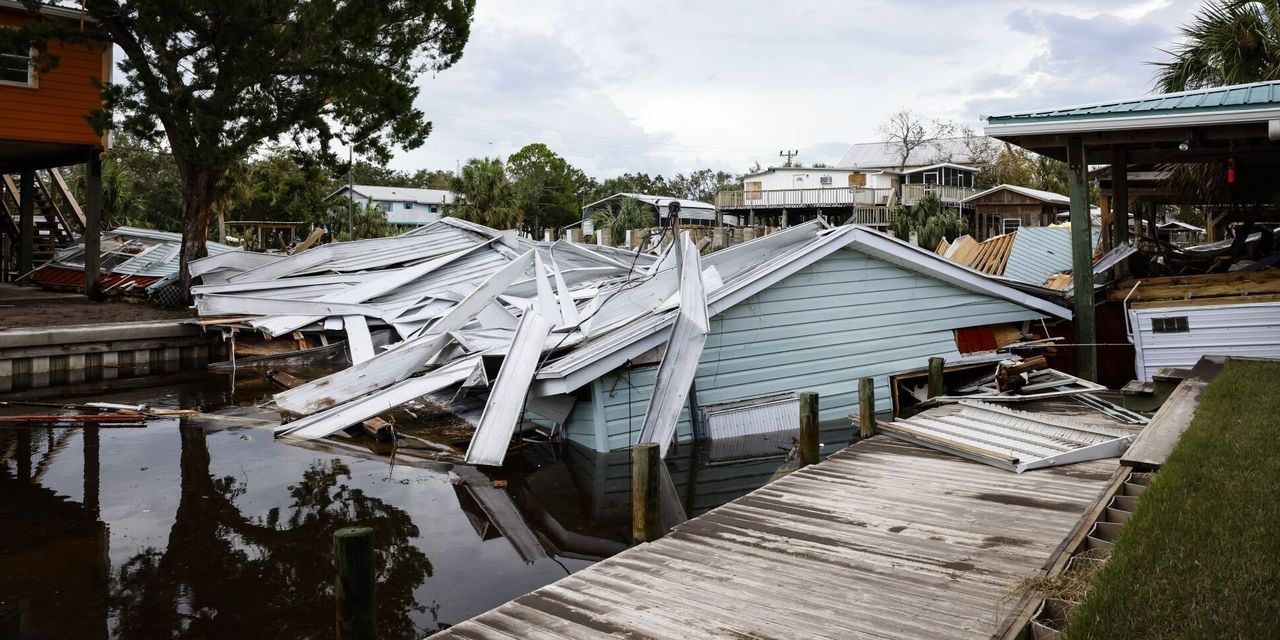Huge losses from national disasters prompt industry to jack up prices and pull back from some markets; ‘worst possible scenario’ for consumers
After Allstate suffered billions of dollars in losses and failed to get the rate increases it wanted, it resorted to the nuclear option.
The insurance giant threatened last fall to stop renewing auto insurance for customers in three states that hadn’t given in to its demands, which would have left those policyholders scrambling for coverage. The states blinked.
In December, New Jersey approved auto rate increases for Allstate averaging 17%, and New York, a 15% hike. Regulators in California are allowing Allstate to boost auto rates by 30%, but still haven’t decided on its request for a 40% increase in home-insurance rates after the insurer refused to write new policies.
For many Americans, getting insurance for both their cars and homes has gone from a routine, generally manageable expense to a do-or-die ordeal that can strain household budgets.



You’re absolutely right. This is a problem that requires some amount of direct government assistance. Beachfront housing is significantly more costly than people think it is and than it used to be, and it’s only going to get worse. If you can’t afford regular repairs after storms (or if a collectively relevant insurance pool can’t), you can’t afford to live there, and for people who are already there and can’t afford to easily get out, some government assistance is more than warranted.